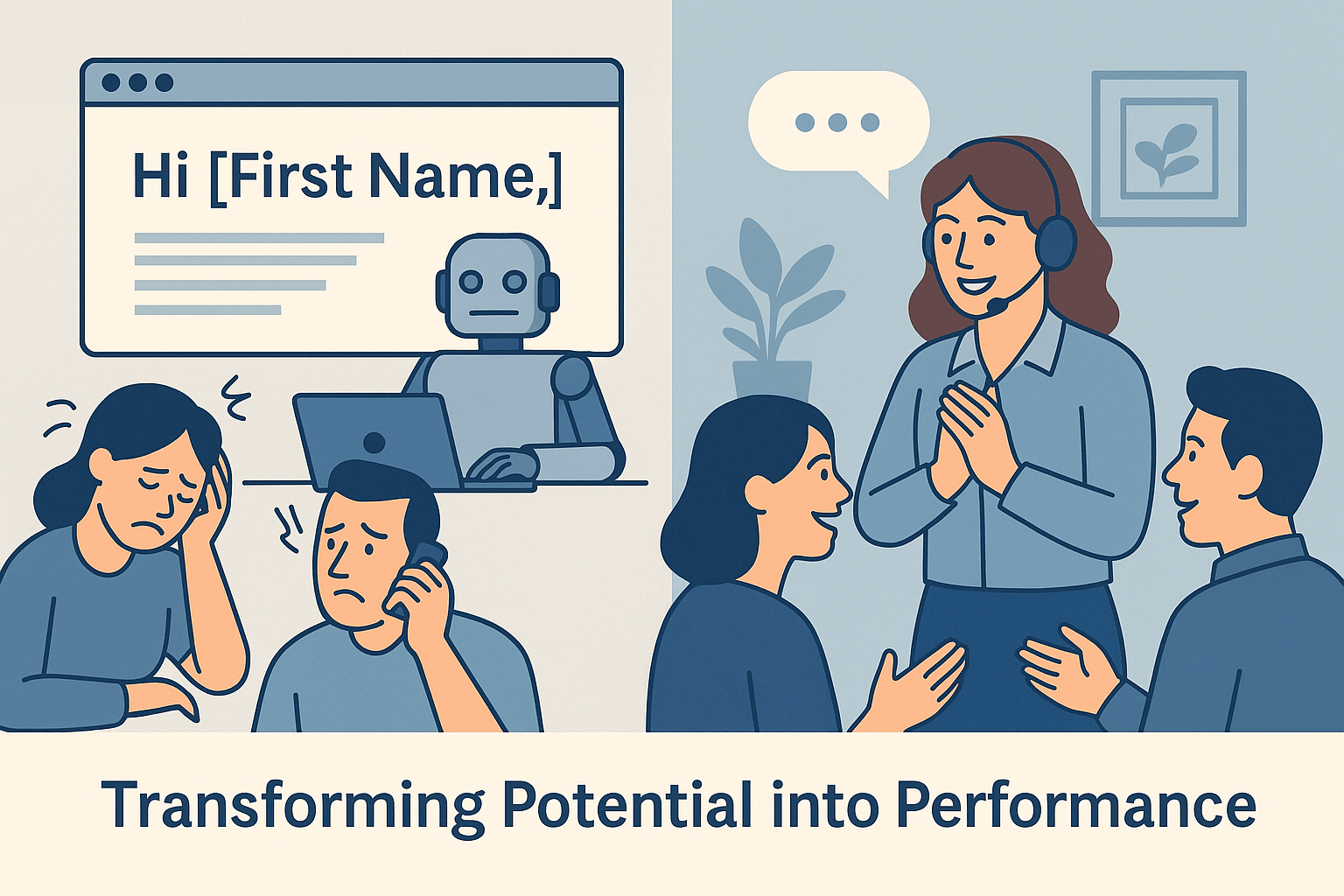
In today’s digital landscape, personalised customer support has become more than just a buzzword. It’s a critical component of customer satisfaction and loyalty. While addressing customers by their first names in emails is a start, true personalisation delves deeper, aiming to understand and meet individual customer needs effectively.
The Real Meaning of Personalised Customer Support
Personalisation in customer support is about delivering relevant, timely and context-aware interactions that make customers feel valued. It’s not merely about using customer data but about using it wisely to enhance the customer experience.
Key aspects include:
- Understanding Customer History: Recognising previous interactions to provide consistent and informed support.
- Anticipating Needs: Using data to predict and address customer issues before they arise.
- Tailoring Communication: Adapting the tone, channel and content of communication to suit individual preferences.
Why Personalisation Matters
The importance of personalised customer support is underscored by these compelling statistics:
- 71% of customers expect personalised experiences, with 76% expressing frustration when they don’t receive them.
- 80% of buyers are more likely to purchase when brands offer personalised customer experiences.
- 63% of consumers expect customer support agents to know their unique needs and expectations.
These figures highlight that customers not only appreciate but expect personalisation. Failing to deliver can lead to dissatisfaction and loss of business.
Challenges in Scaling Personalised Customer Support
While the benefits are clear, scaling personalised customer support presents some challenges:
- Data Management: Consolidating customer data across platforms to create a unified view.
- Technology Integration: Implementing tools that enable personalisation without overcomplicating processes.
- Maintaining Human Touch: Ensuring that automation doesn’t replace the empathy and understanding that human agents provide.
Strategies for Effective Personalisation at Scale
To overcome these challenges, businesses can adopt the following strategies:
- Invest in Unified Customer Data Platforms: Tools that aggregate data from various sources to provide a comprehensive customer profile.
- Leverage AI and Machine Learning: These technologies can analyse customer behaviour to offer personalised recommendations and predict future needs.
- Empower Customer Service Agents: Provide agents with access to customer data and the autonomy to make decisions that enhance the customer experience.
- Implement Feedback Loops: Regularly collect and analyse customer feedback to refine personalisation strategies.
Conclusion
Personalised customer support is no longer optional; it’s a necessity in building strong customer relationships and driving business success. By understanding customer expectations and implementing strategies to meet them, businesses can provide support that not only resolves issues but also fosters loyalty and satisfaction.
Want to Get Personalisation Right Without the Guesswork?
We help growing businesses design customer support strategies that balance personalisation, automation and human connection without overwhelming your team or your tech stack.
→ Get in touch here to explore how we can help tailor the right approach for your business.
